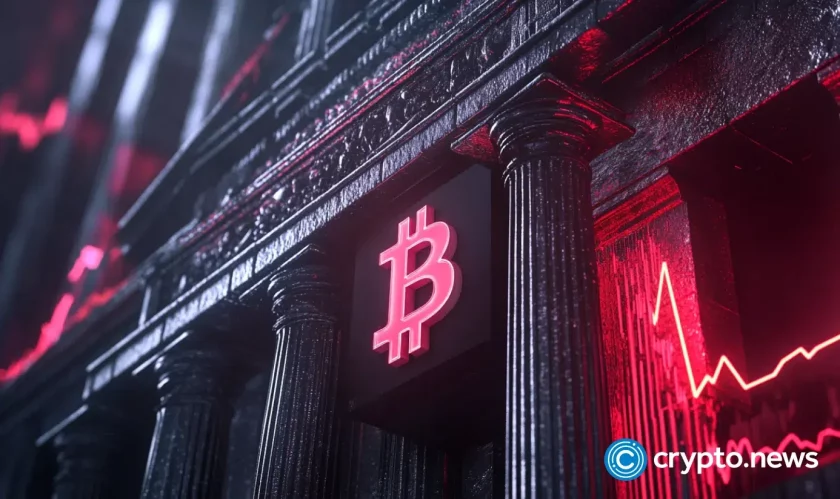Bitcoin (BTC)trade is seeing rapid adoption into the real world and starting to reach the day-to-day user. A major step in that direction was the announcement that citizens of Fortaleza, Brazil, will now be able to use Bitcoin to buy tickets for public transport with the transportation operator Cooperative of Independent Transport of Passengers of the State of Ceará (Cootraps).
A report by Jornal do Povo, a Brazilian media outlet, elaborates on the method that will be used to allow daily users to access this new cryptocurrency functionality.
Payments made by credit and debit cards will be transacted via a QR code, that will be scanned by machines located in the transporting vehicle, under a specialized access system. This could be done by using simple devices such as smartphones, as by the end of this year BTC payment options will be introduced to the city’s ticketing application, which currently only allows transactions through bank accounts or flyer programs.
Cootraps chief financial officer, Carlos Robério, stated:
“This is a way of reducing bureaucracy, even bringing more users to transport. We expect a larger flow of people; we will make it easier for the user.”
Bitcoin has already been accepted for public transport in 37 cities in Argentina and the number is only growing. This was initially done as an experiment to fight the economic setbacks that the country was facing at the time. This caused drastic inflation in Bitcoin prices which too caused agitation in the market.
Now, Bitcoin has effectively made its way into our daily lives from only being used in the digital industry to now being used in food, transport, charities, and the list goes on. The city is also considering moving crypto into other fields of the economy.
The crypto market is not yet under any taxation regularities. This is why experts believe that due to Brazil’s new tax regime, the population will be automatically driven to inculcate crypto into their affairs.
Resistance to Crypto Adoption
Luiz Philippe de Orleans-Braganza, Deputy in the Brazilian National Congress, showed resistance to the whole idea, saying:
“Good regulation is one that comes from the consumer’s demand for something for which he felt injured and calls for state protection. I question this adventure of wanting to regulate something which consumers and companies organized to receive Bitcoin do not demand.”
If so, there’s still a lot of political opposition to cryptocurrency, and it will be interesting to see how countries that are light years ahead in cryptocurrency adoption will implement the legislation recommended by the international financial regulatory body, the FATF, spearheaded by the US.




